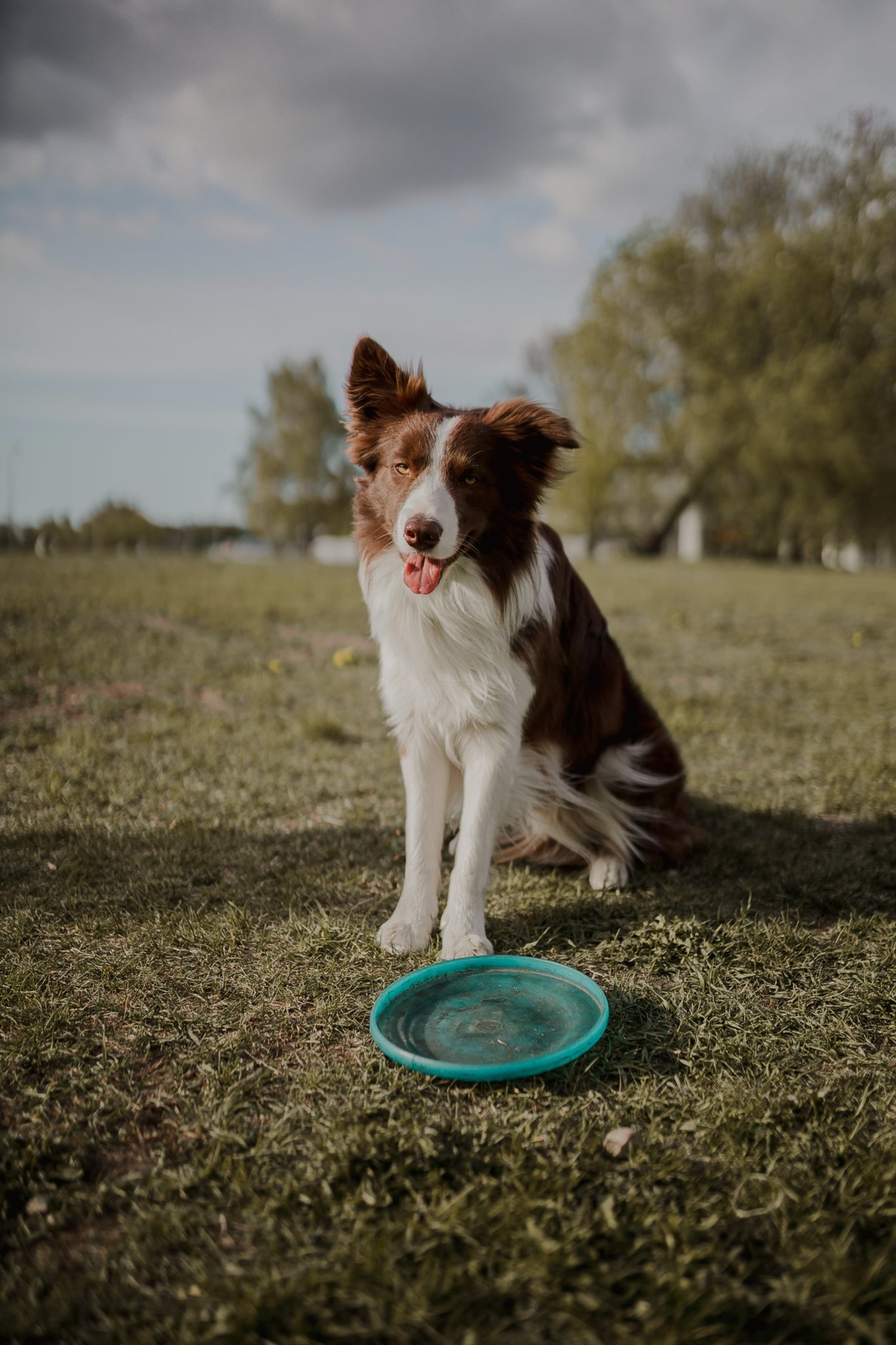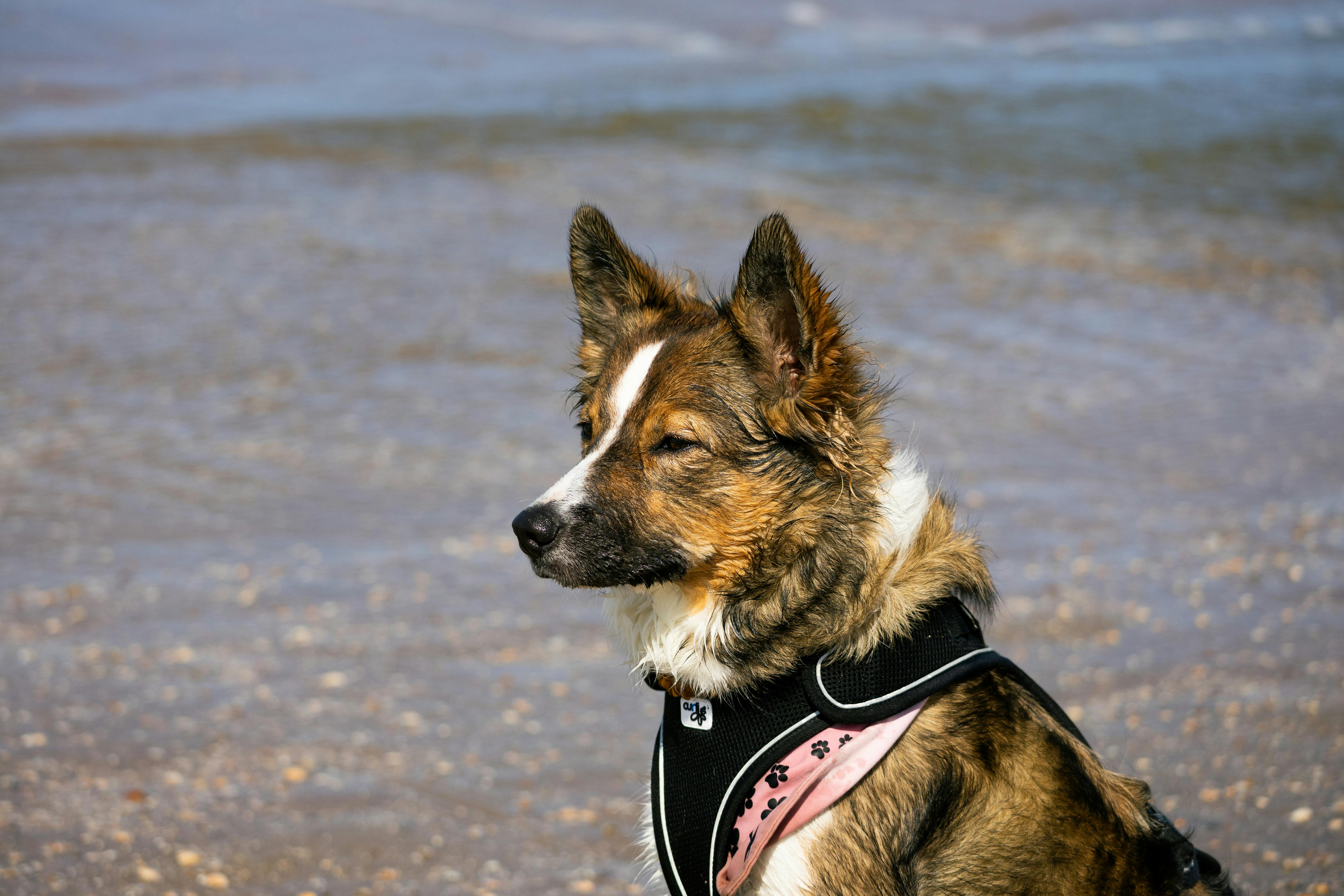As a responsible pet owner or someone looking to start a pet care business in the state of Utah, it is crucial to have a comprehensive understanding of the laws and regulations surrounding pet care. From licensing requirements to animal welfare standards, navigating the legal landscape can be complex and overwhelming. This article aims to provide you with an in-depth understanding of Utah’s pet care laws and regulations, empowering you to make informed decisions and ensure the well-being of your furry companions or clients’ beloved pets. Read on to explore key aspects of Utah’s pet care laws and gain valuable insights into the legal requirements that govern this industry.
1. Definition of Pet Care in Utah
Utah’s pet care laws and regulations provide comprehensive guidelines for the operation and management of pet care facilities within the state. These laws aim to ensure the well-being and safety of animals under the care of professionals and to guarantee the satisfaction and peace of mind for pet owners. Pet care services in Utah encompass various aspects, including boarding services, grooming services, and training services.
1.1 Boarding Services
Boarding services refer to the temporary accommodation and care provided to pets when their owners are away or unable to take care of them. Pet care facilities offering boarding services in Utah must meet specific licensing and registration requirements, outlined in detail in Section 2. These requirements focus on the health and safety standards, staffing ratios, and operational guidelines necessary to provide a comfortable and secure environment for boarding animals.
1.2 Grooming Services
Grooming services involve the maintenance and upkeep of a pet’s hygiene and appearance. This includes bathing, brushing, nail trimming, and professional styling. Pet care professionals offering grooming services in Utah should comply with relevant regulations related to facility maintenance, sanitation, and animal handling, as described in Section 3.
1.3 Training Services
Training services are aimed at teaching pets obedience, good behavior, and various skills. Pet care facilities that provide training services must adhere to specific guidelines, including appropriate staffing ratios, training methodologies, and safety protocols. These regulations are covered in greater detail in Section 5.
2. Licensing and Registration
To ensure the proper operation and adherence to industry standards, pet care facilities in Utah are required to obtain the necessary licenses and registrations.
2.1 Requirements for Pet Care Facilities
Under Utah law, pet care facilities must meet specific requirements related to the physical facility, health standards, and safety protocols. These requirements include provisions for insurance coverage, zoning compliance, adequate space for animals, and ventilation. Additionally, facilities must maintain detailed records of all animals in their care, including vaccination records and emergency contact information.
2.2 Pet Care Professional Certification
Pet care professionals in Utah have the option to pursue certification to demonstrate their competence and dedication to providing quality care. Certification programs typically involve education, practical experience, and examinations focused on areas such as animal health, behavior, and facility management. Obtaining pet care professional certification can enhance the reputation and credibility of a facility and its staff.

3. Health and Safety Standards
Utah’s pet care laws prioritize the health and safety of animals in care. Compliance with health and safety standards is crucial in ensuring the well-being of pets while minimizing the risk of injuries or accidents.
3.1 Facility Maintenance and Sanitation
Pet care facilities must maintain clean and hygienic premises to prevent the spread of diseases and maintain a safe environment. Regular sanitation practices, waste management protocols, and adequate ventilation systems are essential to ensure the health and comfort of animals.
3.2 Veterinary Care and Supervision
Facilities offering pet care services must provide access to veterinary care to address any health concerns or emergencies that may arise. Regular check-ups and prompt medical attention are critical in maintaining the overall well-being of animals under their care. Facilities should have a designated veterinarian or a system in place to ensure immediate veterinary care when needed.
3.3 Animal Handling and Safety
Utah’s laws require pet care professionals to be knowledgeable about safe animal handling techniques. These regulations aim to prevent injuries to both the animals and the caregivers. Proper training and supervision are essential to reduce the risk of accidents and maintain a stress-free environment for pets.
4. Operating Hours and Capacity
Pet care facilities in Utah must establish clear guidelines regarding their operating hours and the maximum capacity of animals they can accommodate.
4.1 Limits on Number of Animals
To ensure the proper care and attention to each animal, there are limits on the number of animals a facility can care for at any given time. These limits vary depending on factors such as the size of the facility, staff-to-animal ratios, and the type of services provided. Adhering to these limits is crucial in maintaining the quality of care and ensuring the safety and well-being of each pet.
4.2 Business Hours and Scheduling
Pet care facilities must establish reasonable business hours and scheduling practices to accommodate the needs of pet owners. Providing convenient hours of operation and flexible scheduling options can help attract and retain clients. However, facilities should also ensure their staffing levels are appropriate to meet the demand during peak periods while still complying with staffing requirements outlined in Section 5.

5. Staffing Requirements
Utah’s pet care laws emphasize the importance of qualified and well-trained staff members to ensure the highest quality of care for animals.
5.1 Minimum Staff-to-Animal Ratios
Facilities must maintain appropriate staffing levels to adequately attend to the needs of the animals in their care. Staff-to-animal ratios should be based on industry best practices and guidelines. Ensuring that there are enough qualified professionals to provide individual attention, exercise, and feeding is crucial to promoting the overall well-being of animals.
5.2 Training and Background Checks
Pet care facilities should implement thorough training programs for their staff members to enhance their knowledge and skills in animal care, behavior management, and emergency procedures. Conducting background checks and verifying professional certifications can help ensure the safety and well-being of animals in the facility’s care.
6. Pet Owner Responsibilities
Owners also have specific responsibilities when entrusting their pets to a care facility in Utah.
6.1 Vaccination and Health Records
Utah’s laws require pet owners to provide proof of vaccinations and health records for their pets before utilizing pet care services. This ensures that all animals in the facility are up-to-date on vaccinations, minimizing the risk of disease transmission. Vaccinations usually include core vaccines for common diseases such as rabies, distemper, and parvovirus.
6.2 Assumption of Liability
Pet care facilities often require pet owners to sign liability waivers to protect themselves from potential legal claims arising from injuries or incidents involving the animals. By signing these documents, pet owners acknowledge the inherent risks associated with pet care services and agree to assume responsibility for any potential harm caused by their pets.
7. Complaint Procedures and Enforcement
Utah’s pet care laws establish procedures for reporting violations, conducting investigations, and enforcing compliance with the regulations.
7.1 Reporting Violations
If you suspect a pet care facility is not complying with the established regulations, you can file a complaint with the appropriate authority. Providing detailed and specific information regarding the observed violations is crucial in initiating an investigation.
7.2 Investigations and Inspections
Upon receiving a complaint or as part of routine inspections, authorized agencies will investigate pet care facilities to assess compliance with regulations. Inspections may include examinations of facility conditions, veterinary care records, and adherence to operational procedures. Facilities found to be in violation may be subject to sanctions or required to make changes to achieve compliance.
7.3 Consequences for Non-Compliance
Pet care facilities that fail to comply with Utah’s pet care laws and regulations can face consequences ranging from fines to suspension or revocation of licenses. The severity of the consequences depends on the nature and extent of the violations. Ensuring compliance with all legal and regulatory requirements is essential for pet care facilities to continue operating legally.
8. Legal Considerations for Starting a Pet Care Business
Individuals considering starting a pet care business in Utah should address several legal considerations to ensure compliance with regulations and protect their interests.
8.1 Entity Formation and Registration
Choosing the appropriate legal structure for a pet care business is crucial. Common options include sole proprietorships, partnerships, limited liability companies (LLCs), and corporations. Each entity type has its advantages and disadvantages, with variations in liability protection, tax implications, and operational flexibility. Consulting with a lawyer specializing in business law can help entrepreneurs select the most suitable option for their specific circumstances and goals.
8.2 Contracts and Liability Waivers
Pet care businesses should have well-drafted contracts and liability waivers in place to define the terms of the services provided, outline responsibilities, and manage potential risks. These legal documents play a vital role in preventing disputes, clarifying expectations, and limiting liability. Seeking professional legal assistance when drafting and reviewing contracts can help protect the interests of both the business and its clients.

9. Additional Regulations for Specific Types of Pet Care
Certain types of pet care facilities may be subject to additional regulations in Utah due to the unique nature of the services they provide.
9.1 Dog Daycare Facilities
Dog daycare facilities, which provide daytime care and socialization for dogs, may have specific requirements related to safety protocols, staff qualifications, and play area design. These facilities should ensure they comply with all applicable regulations to guarantee the well-being and comfort of the dogs in their care.
9.2 Cat Boarding Services
Cat boarding services may have unique regulations to ensure the specific needs of feline guests are met. Requirements may include separate housing for cats, appropriate socialization opportunities, and specialized enrichment activities for their well-being.
9.3 Exotic Animal Handling
Pet care facilities that handle exotic animals should comply with additional regulations aimed at safeguarding the welfare of these unique species. These regulations generally focus on proper housing, licensing, and professional expertise to ensure the safety of both the animals and the facility staff.
FAQs
2.1 What are the requirements for licensing a pet care facility?
To obtain a license for a pet care facility in Utah, you must meet specific requirements related to the physical facility, health standards, safety protocols, and record-keeping. These requirements ensure the well-being and safety of animals under your care and help maintain a high standard of service.
2.2 How can I obtain pet care professional certification?
To obtain pet care professional certification in Utah, you can enroll in certification programs that provide education, practical experience, and examinations in areas such as animal health, behavior, and facility management. Obtaining certification demonstrates your dedication to providing quality care and can enhance your credibility in the industry.
3.1 What are the sanitation requirements for pet care facilities?
Utah pet care facilities must maintain clean and hygienic premises to prevent the spread of diseases and maintain a safe environment. Regular sanitation practices, waste management protocols, and adequate ventilation systems are essential to ensure the health and comfort of animals.
4.1 Are there limits on the number of animals a facility can care for?
Yes, there are limits on the number of animals a pet care facility in Utah can care for at any given time. These limits take into account factors such as the size of the facility, staff-to-animal ratios, and the type of services provided. Adhering to these limits ensures the quality of care and the safety and well-being of each pet.
5.1 What are the minimum staff-to-animal ratios?
Utah’s pet care laws require facilities to maintain appropriate staffing levels to adequately attend to the needs of the animals in their care. Staff-to-animal ratios vary depending on the type of facility and services provided. These ratios ensure that each animal receives individual attention, exercise, and proper care for their well-being.